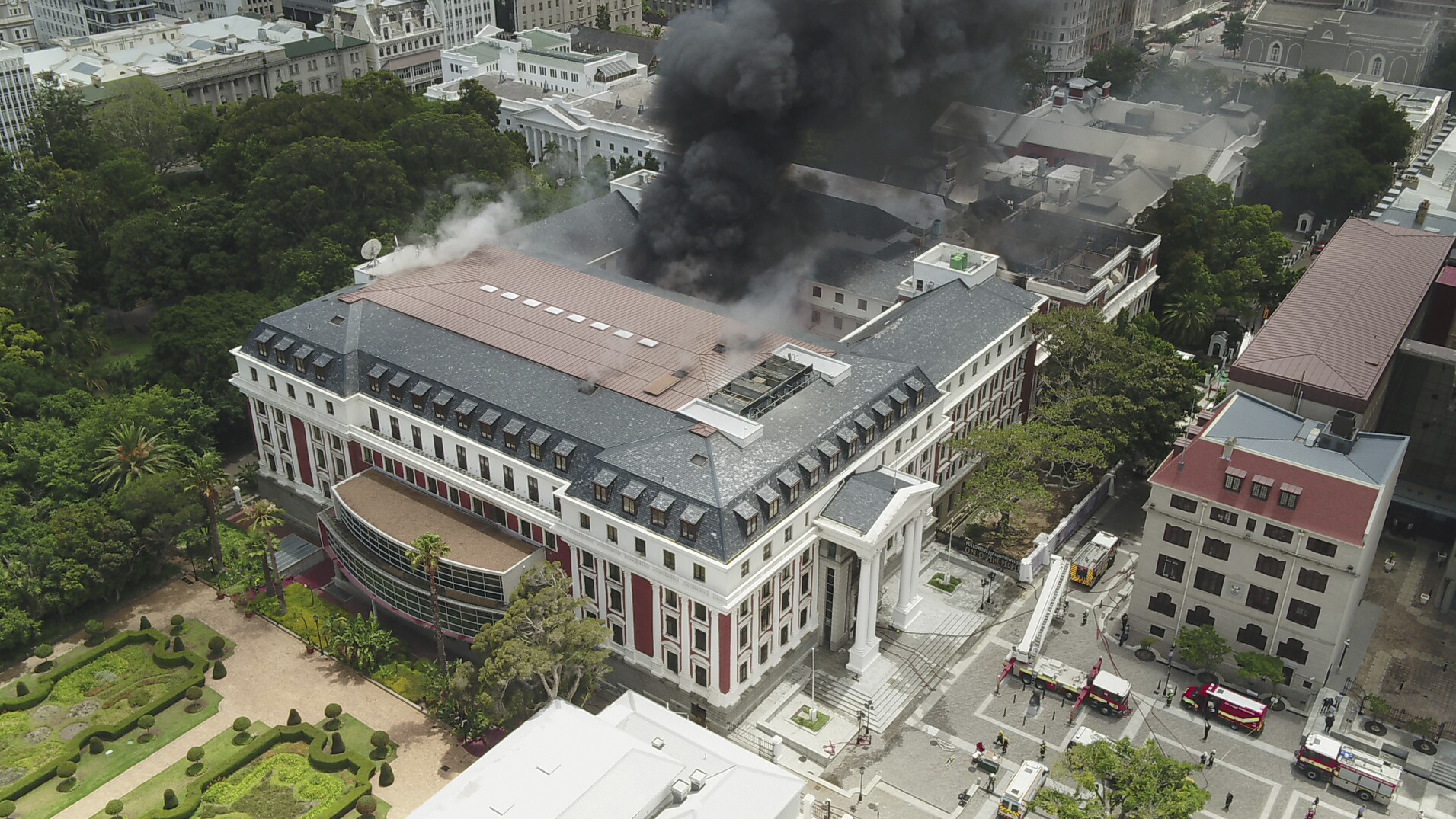Violence Spirals Out of Control
In a shocking turn of events, South Africa is witnessing a disturbing rise in contract killings that has escalated into a national crisis. In late June, a dozen soldiers from an elite special-forces unit were charged with the murder of police detective Frans Mathipa, who was brutally shot twice in the head while driving. This incident is not isolated; it is symptomatic of a broader trend of violence that is infiltrating society, moving beyond gangland turf wars into everyday life.
Statistics Reveal Alarming Trends
According to the South African Police Service, over 1.8 million counts of serious and violent crimes were reported in the 2022/2023 financial year, marking a staggering 7.7% increase from the previous year. The statistics indicate that while there has been a slight decrease in the murders of women and children, the overall climate of violence remains dire. Contract killings, specifically, have surged by 140% in recent years, as reported by the U.S. Department of State.

South Africa"s Parliament complex is on fire, again : NPR
The Economic Underpinnings of Violence
To understand this epidemic, one must look at the economic conditions fueling such desperation. South Africa grapples with staggering levels of inequality and unemployment, which have been exacerbated by the pandemic and systemic corruption. According to research findings, poverty and lack of opportunities have driven individuals toward violent means, including contract killings. The allure of quick money in a country where 34% of the population lives below the poverty line has led to a normalization of violence as a tool for resolving disputes.
Political Corruption Fuels the Crisis
The complicity of political figures in these contract killings cannot be ignored. Reports from the Global Initiative Against Transnational Organized Crime indicate that political contract killings have become a method of silencing dissent and eliminating rivals. With 141 documented cases, the involvement of state actors in these heinous acts raises questions about the integrity of South Africa"s political landscape. The intertwining of crime and politics creates an environment where accountability is nearly impossible, perpetuating a cycle of violence.

Buzz Life News on X: "Two SANDF to appear in court for the ...
Police Accountability and Systemic Failures
As the violence escalates, the response from law enforcement has been underwhelming. The South African Police Service has been criticized for its failure to address the root causes of crime effectively. The lack of resources, training, and a clear strategy to tackle organized crime has left communities vulnerable. Moreover, the systemic failure to hold perpetrators accountable, especially those with ties to the state, fosters a culture of impunity.
This crisis is not merely a matter of crime statistics; it is a deep-seated issue that resonates with the lived experiences of South Africans. Families are torn apart, and communities are left in fear, grappling with the consequences of a society where violence is increasingly accepted as a means to an end. The urgent need for comprehensive reform in both policing and economic policy is clear, as is the demand for accountability from those in power.


![[Video] Federal agents chase woman in Minneapolis during protest](/_next/image?url=%2Fapi%2Fimage%2Fthumbnails%2Fthumbnail-1768254086697-5gfcba-thumbnail.jpg&w=3840&q=75)




![[Video] Gunfire between Iraqi security forces and Sadr militias in Baghdad](/_next/image?url=%2Fapi%2Fimage%2Fthumbnails%2Fthumbnail-1768343508874-4redb-thumbnail.jpg&w=3840&q=75)
